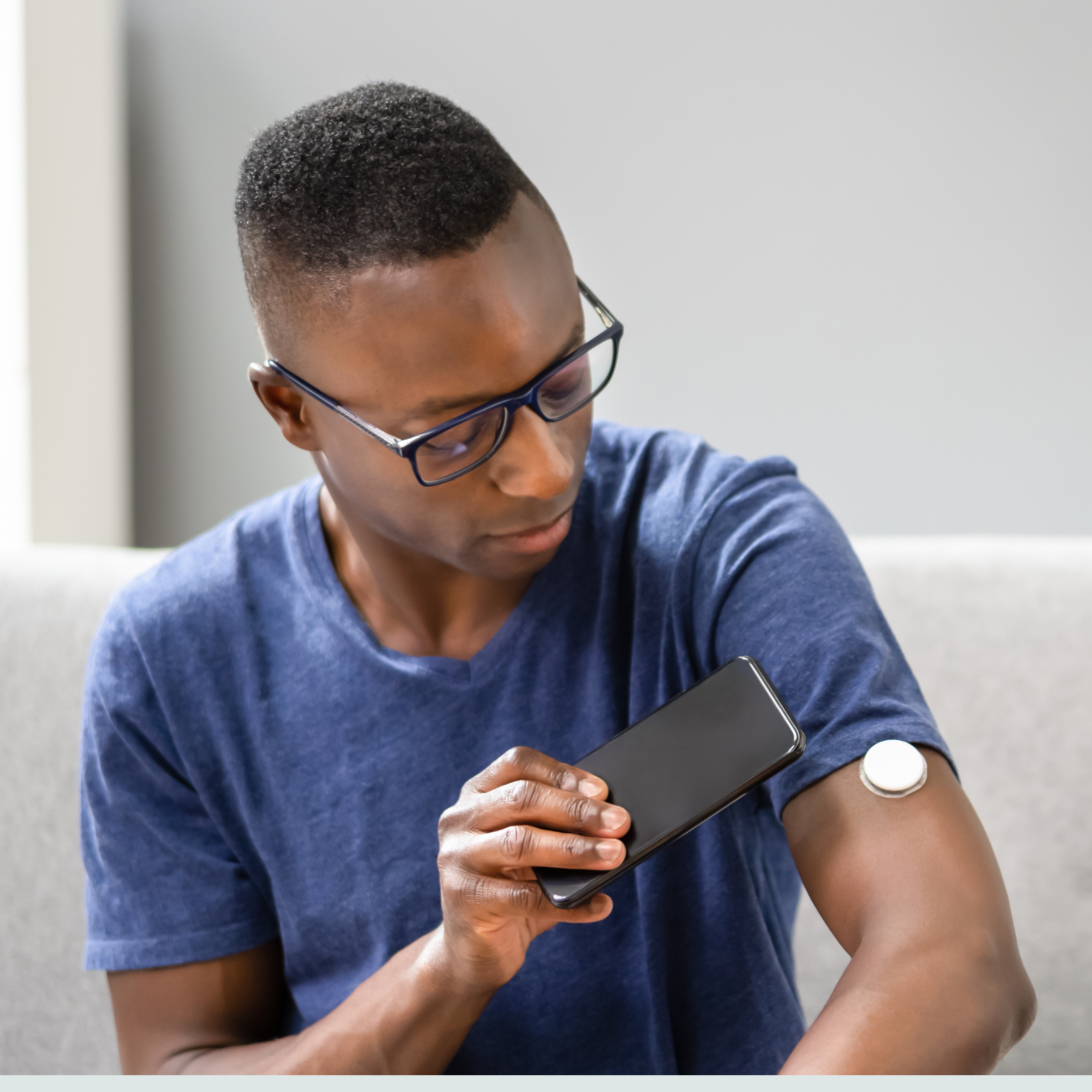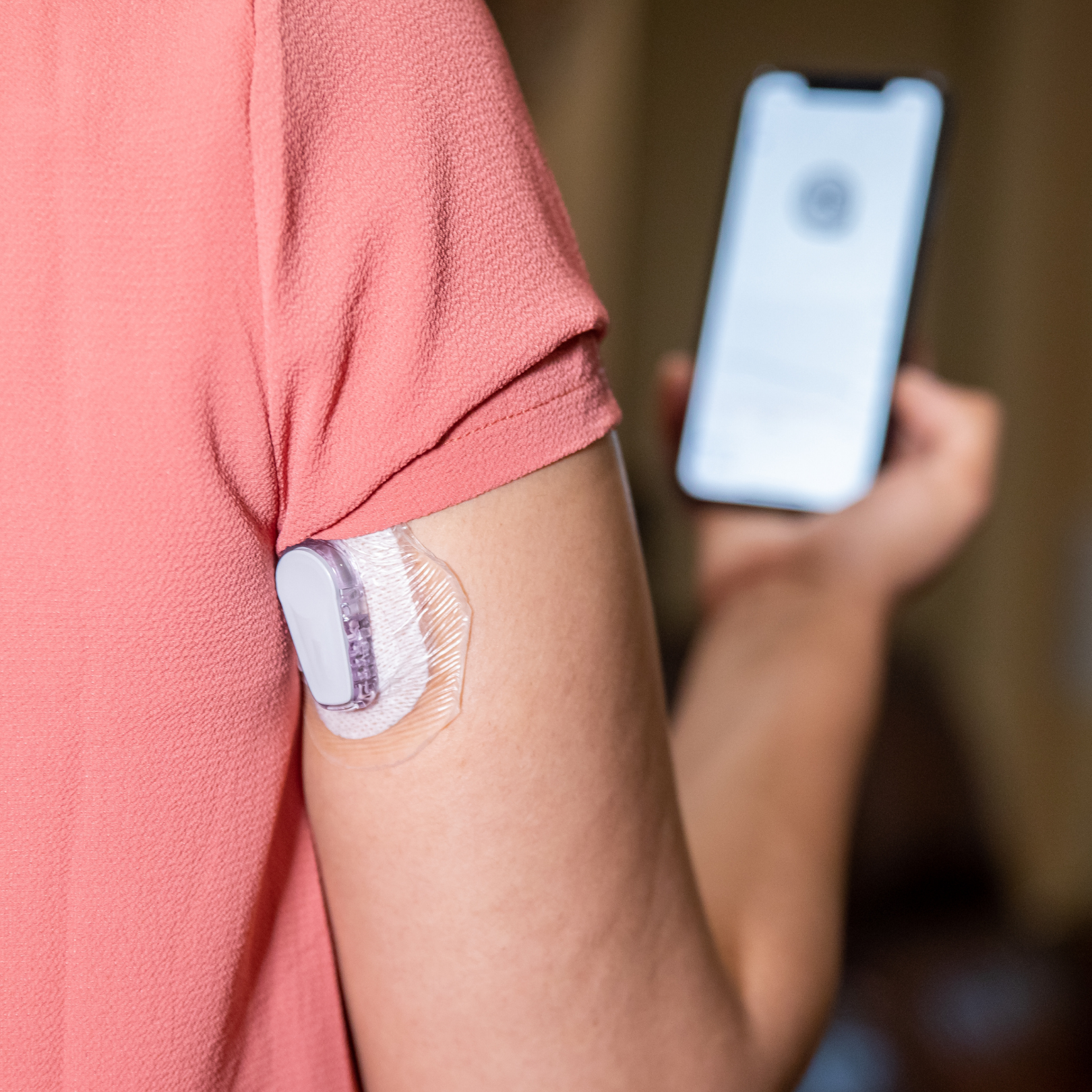News
FAQs with Dr. Jean Chen: Blood Sugar Spikes
A blood sugar spike occurs when there is a rapid rise in blood sugar in a short amount of time. While the body’s response to foods that are high in carbohydrates or sugar is one of the most common reasons for these spikes, there can be various causes – and some may even surprise you – like a sunburn, dehydration, and losing sleep.
We asked board certified endocrinologist Dr. Jean Chen to answer some common patient questions about blood sugar spikes. Read on to learn about her expert insights on the topic.
Why do blood sugar spikes happen?
There are numerous reasons why a blood sugar spike can occur. It can occur if a person is acutely stressed, ill, or on certain medications, like steroids. However, the most common reason is due to the body’s response to foods that are high in carbohydrates/sugar. Small spikes in blood sugar after eating carbohydrates can be normal, but if someone also has insulin resistance, then blood sugar levels can be significantly higher. When we intake food that is high in carbohydrates or sugar, our body must produce insulin to signal to our muscles and organs to absorb that sugar from the bloodstream. When there is insulin resistance, the body does not respond to insulin as quickly as it should. Sugar remains in circulation longer, leading to elevations in blood sugar.
Why do regular blood sugar spikes matter? What is the impact on your health?
Everyone needs a certain amount of sugar to produce enough energy for our body to work appropriately. However, if blood sugars elevate too high or stay elevated for prolonged periods of time, it has the reverse effect and can cause dysregulation in our body. This can lead to several complications, such as obesity, cardiovascular disease, high cholesterol, and kidney disease.
Are there symptoms of a blood sugar spike? If so, what are they?
Sometimes there are no symptoms or signs when blood sugars spike. If blood sugars reach a severe level and stay elevated, then people can have fatigue, increased thirst, increased urination, and even weight loss.
Why does a blood sugar crash follow a spike? Are there signs associated with this subsequent blood sugar crash?
If blood sugar starts to drop after a spike, it is most likely due to high amounts of insulin the body has released in response to either insulin resistance or foods that are high in sugar. Therefore, people tend to feel these drops more after a large meal that is high in carbohydrates, especially carbohydrates that are low in fiber. People can start feeling more sluggish or tired. If blood sugars reach a critically low level, then symptoms of sweating, tremors, nervousness, fast heart rate, and hunger may occur.

About Dr. Chen
Dr. Jean Chen is a board certified endocrinologist with special interest in reproductive endocrinology, thyroid disease and pituitary disorders. She sees patients at our South Austin location.
If you’d like to learn more about our full range of diabetes services, please call Texas Diabetes and Endocrinology at (512) 458-8400 or request an appointment online.
Don’t forget to follow us on Facebook and Instagram and check back with us each month as we provide you helpful wellness and health information.







